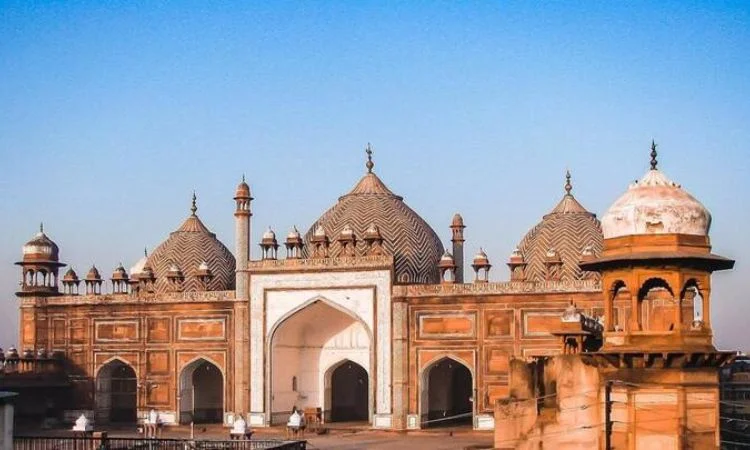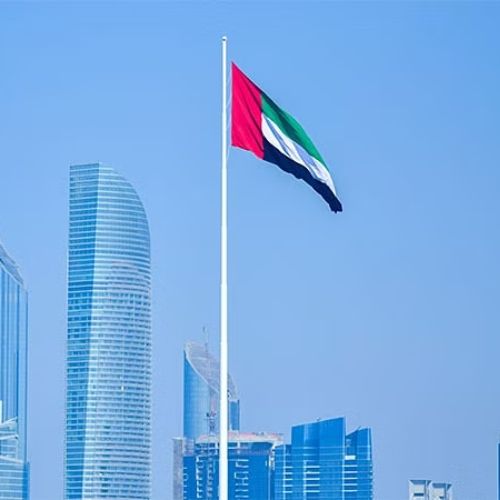On Friday, Akhil Bharatiya Hindu Mahasabha, a Hindu organization, called for a survey of the Shahi Jama Masjid in Agra, Uttar Pradesh, which sparked further tensions in the mostly Muslim region.

This comes after the Shahi Idgah Masjid, which is located near to the Shri Krishna Janmabhoomi Temple in Mathura, was the subject of a preliminary survey approved by the Allahabad High Court.
Despite local officials’ warnings, the Hindu Mahasabha applauded the HC judgment, prompting the deployment of a sizable police force in the region.
Why is this story important?
The Gyanvapi Mosque in Varanasi was recently assessed by the Archeological Survey of India (ASI), and their report is anticipated to be submitted in the next few days.
These mosques are a few of the many that right-wing Hindu organizations assert were formerly temples demolished by Muslim “invaders.”
As a fictitious reclamation effort, the ruling Bharatiya Janata Party (BJP) stoked the controversy in the 1980s and 1990s after it was founded.
‘Vigrah’ was buried by Emperor Aurangzeb in a mosque: Hindu Mahasabha
According to India Today, Hindu Mahasabha National Spokesperson Sanjay Jat said that Emperor Aurangzeb had buried a Vigrah (an idol) from the Mathura Keshavdev Temple under the mosque’s stairs while demanding the survey.
Following this, officials and local leaders intervened to head off any possible conflict between the two groups.
Even after the Bharatiya Muslim Vikas Parishad chairman, Sami Aghai, lost the legal struggle for Shahi Idgah in the Allahabad High Court, he continued to have faith in the Indian judicial system.
Understand the ruling of the Allahabad High Court.
Permission to conduct a survey of Mathura’s Shahi Idgah Masjid was given by the HC on Thursday.
The court stated that it will make a decision on Monday regarding the composition of the panel that will carry out the survey.
The Hindu Sena filed a case, arguing that the mosque was constructed by Mughal Emperor Aurangzeb through the demolition of a temple dedicated to Lord Krishna’s birthplace. This led to the ruling being issued.
Court order contested for breaching acts and agreements
The Muslim side countered that a 1968 agreement between Hindus and Muslims was violated by the court’s ruling.
They further asserted that the 1991 Places of Worship Act is broken by the decision.
A 1968 agreement between the Shahi Masjid Idgah Trust and the Shri Krishna Janmasthan Seva Sansthan set aside around 10.9 acres of land for the reconstruction of the Krishna Janmbhoomi temple. The current mosque was granted the remaining 2.5 acres.















